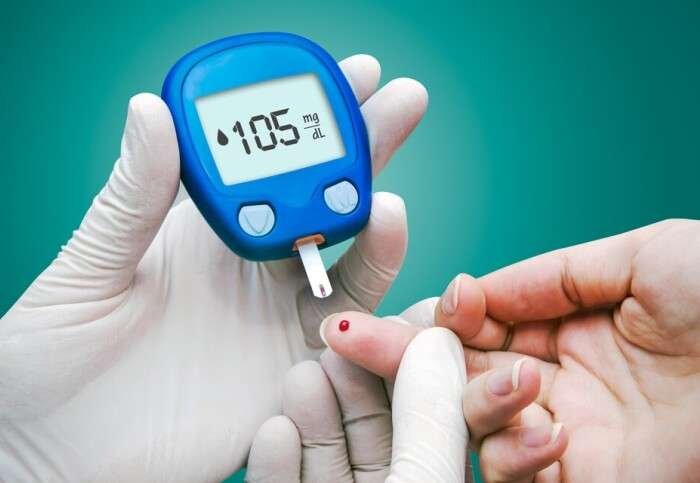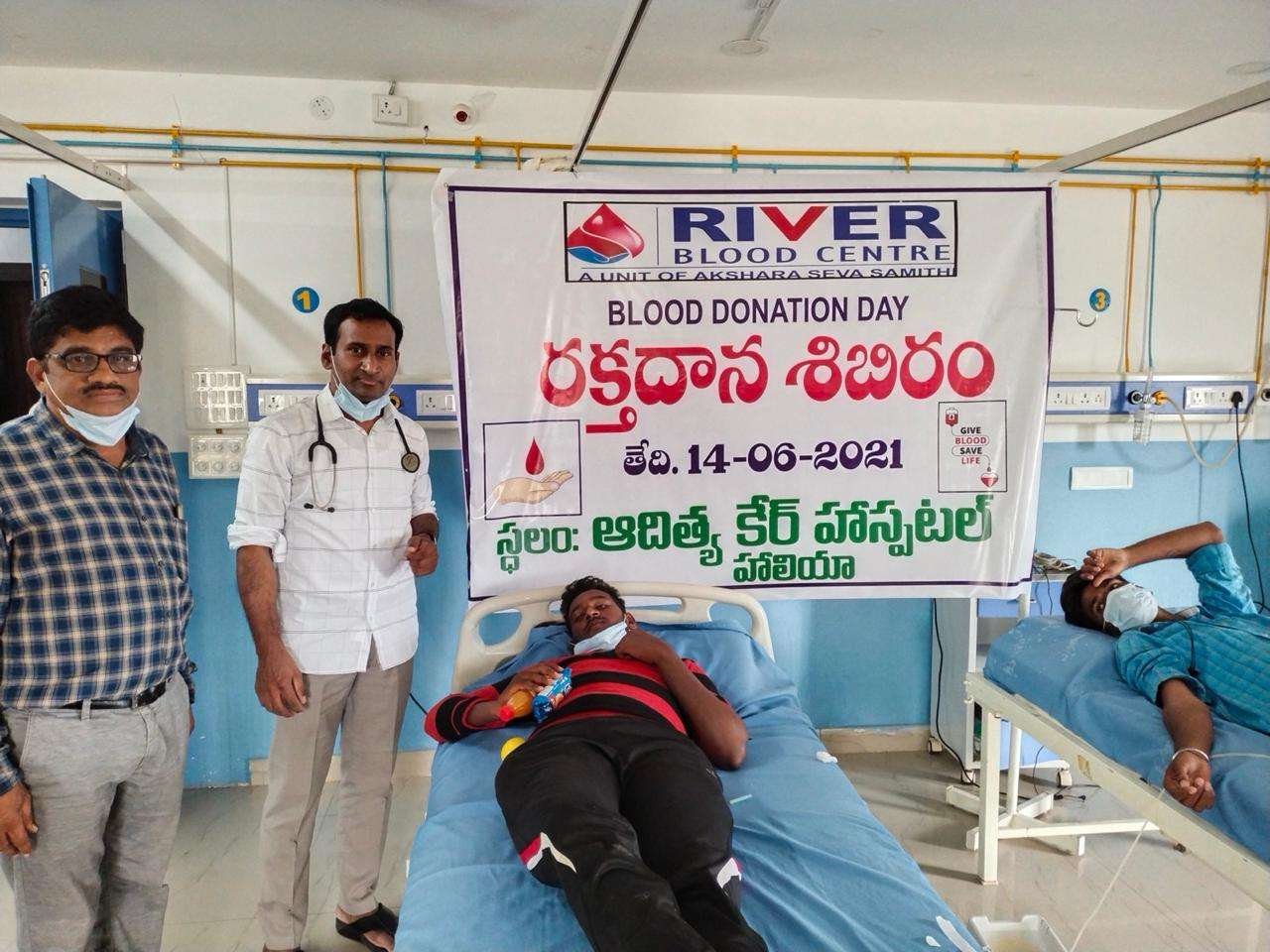Diabetes is a chronic condition that affects millions of people worldwide. Detecting it early can help manage the disease effectively and prevent complications. Here are some early symptoms of diabetes that you should never ignore.
1. Frequent Urination (Polyuria)
If you find yourself needing to urinate more often than usual, especially at night, it could be an early sign of diabetes. High blood sugar levels force your kidneys to work harder to remove excess glucose from your body.
2. Excessive Thirst (Polydipsia)
Feeling constantly thirsty, even after drinking plenty of fluids, is another warning sign. Frequent urination leads to dehydration, causing an unquenchable thirst.
3. Unexplained Weight Loss
If you are losing weight without changes in diet or exercise, it may indicate diabetes. When your body cannot use glucose for energy, it starts breaking down fat and muscle instead.
4. Increased Hunger (Polyphagia)
Even after eating a full meal, you may feel excessively hungry. This happens because your body isn’t properly utilizing glucose, making your cells crave more energy.
5. Fatigue and Weakness
Persistently feeling tired or weak could be due to fluctuating blood sugar levels. When your cells are deprived of glucose, energy production is impaired.
6. Blurred Vision
High blood sugar levels can affect the fluid balance in your eyes, leading to blurry vision. Ignoring this symptom may result in more severe eye complications over time.
7. Slow-Healing Wounds
If cuts or sores take longer to heal than usual, diabetes could be the reason. High blood sugar levels can impair blood circulation and delay the healing process.
8. Tingling or Numbness in Hands and Feet
Nerve damage (diabetic neuropathy) can cause tingling, numbness, or a burning sensation in your hands and feet. This occurs due to prolonged high blood sugar levels damaging the nerves.
9. Frequent Infections
Diabetes can weaken the immune system, making you more prone to infections such as urinary tract infections, skin infections, or yeast infections.
10. Dark Patches on Skin (Acanthosis Nigricans)
Dark, velvety patches on the neck, armpits, or groin may be a sign of insulin resistance, which often precedes diabetes.
When to See a Doctor
If you notice any of these symptoms, it’s crucial to consult a healthcare professional for proper testing and diagnosis. Early intervention can help manage blood sugar levels and prevent complications.
Final Thoughts
Recognizing early symptoms of diabetes is the first step toward effective management. By making healthy lifestyle changes and seeking medical advice, you can take control of your health and reduce the risk of severe complications.



